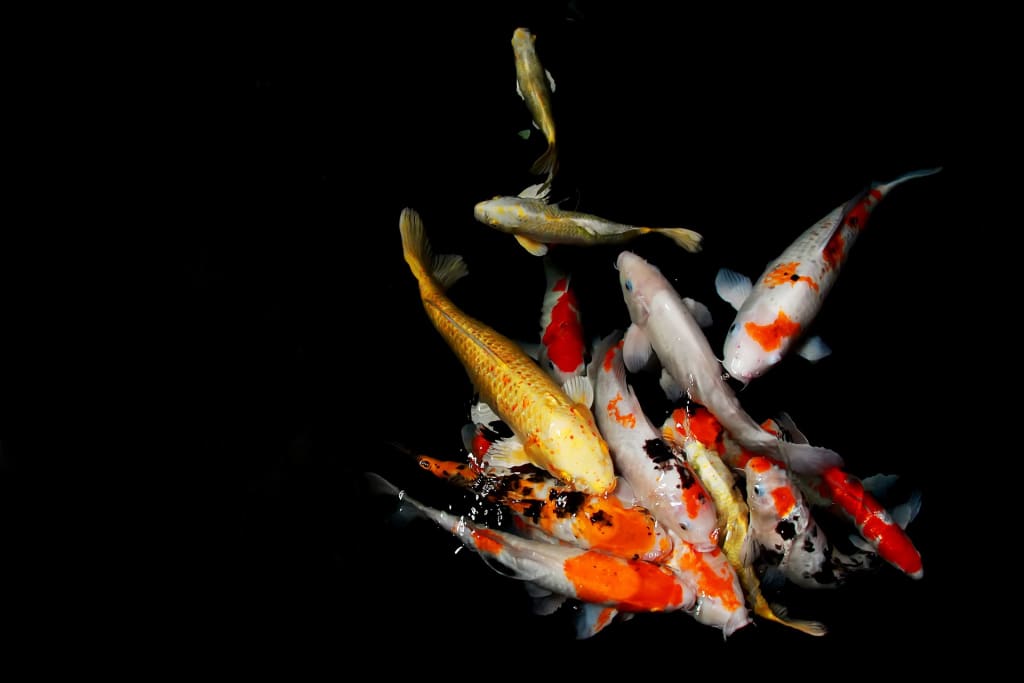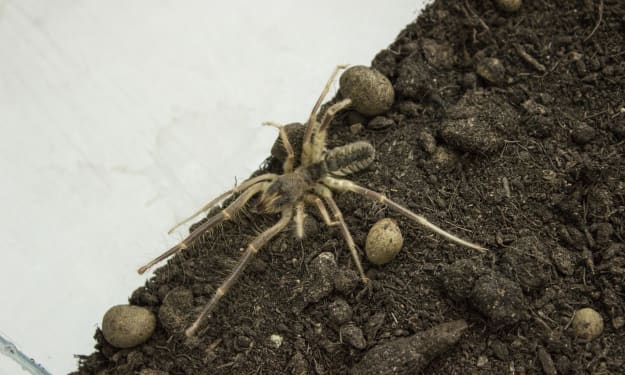
The act of a mother animal eating her own offspring is a phenomenon that has been observed in various species across the animal kingdom. While this behavior may seem cruel and unnatural to humans, it is actually a common occurrence in the wild. There are several reasons why some animals eat their babies, ranging from a lack of resources to protecting the overall survival of the species.
One of the most common reasons why animals eat their young is due to a lack of resources. In many animal species, such as rodents and birds, females will only mate and produce offspring when they have access to enough food and resources to support their offspring. However, when resources become scarce or limited, females may choose to eat their young in order to conserve energy and resources for themselves. This behavior is often observed in rodents such as mice and hamsters, where a mother may eat her entire litter if she feels she is unable to provide for them adequately.
Another reason why some animals eat their young is to protect the overall survival of the species. In certain animal species, such as fish and amphibians, females will eat their young if they sense that they are unhealthy or deformed. This behavior is known as filial cannibalism, and it helps to eliminate offspring that may be weak or vulnerable to predators. By doing so, the mother is able to ensure that her other offspring have a greater chance of survival and can pass on their genes to future generations.
In some species, mothers may also eat their young if they sense that they are in danger. For example, if a predator is nearby, a mother may choose to eat her young in order to prevent them from being captured and killed by the predator. This behavior has been observed in animals such as rabbits and deer, where mothers may eat their young if they sense the presence of a predator in the area.
It is also worth noting that in some cases, animals may accidentally eat their young. For example, in species such as snakes and spiders, mothers will lay eggs and then abandon them, leaving them to fend for themselves. However, in some cases, the mother may return to the nest and accidentally eat some of her offspring while trying to retrieve the remaining eggs.
While the act of a mother animal eating her young may seem cruel and unusual to humans, it is important to remember that this behavior is a natural part of the animal kingdom. In many cases, it is simply a way for mothers to ensure the survival of their offspring and protect the overall survival of the species. However, there are some cases where this behavior can be a cause for concern.
For example, in captive animal populations, such as those found in zoos and aquariums, animals may exhibit abnormal behaviors due to stress, lack of space, or other factors. In some cases, this can lead to mothers eating their young even when resources are not limited and there is no danger present. Additionally, in some animal species, such as primates and elephants, infanticide – the intentional killing of infants by adults – can occur as a means of eliminating competition or asserting dominance.
Overall, while the act of a mother animal eating her young may seem cruel and disturbing to humans, it is important to understand that this behavior is a natural part of the animal kingdom. Whether it is due to a lack of resources, protecting the overall survival of the species, or accidental circumstances, this behavior has been observed in various animal species across the world. While it may be difficult to understand and accept, it is an important aspect of the natural world that reminds us of the complexities and diversity of life on Earth.
About the Creator
Aggie
3in1 - a writer, a teacher and a mom :) what else? ...crazy, impatient, curious, inquisitive MS fighter






Comments
There are no comments for this story
Be the first to respond and start the conversation.